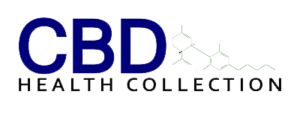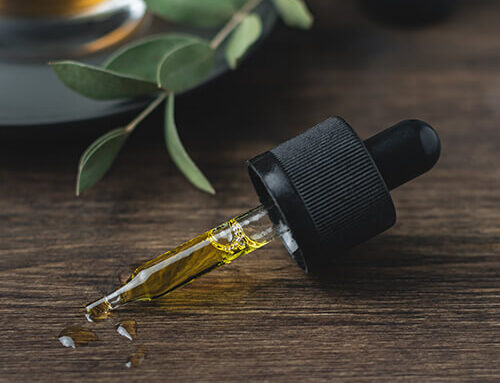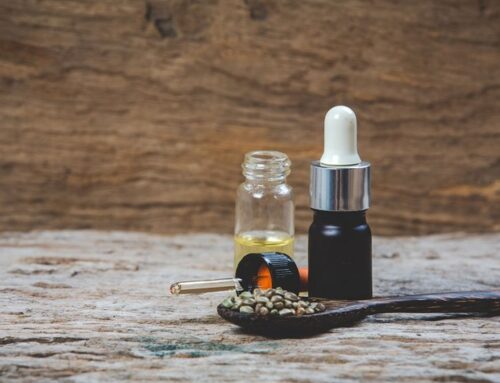Full-spectrum CBD is a compound that contains all of the extracts naturally found in the cannabis plant, including very small trace amounts of THC, the psychoactive ingredient responsible for the marijuana “high.”
It has recently gained popularity for its potential to help alleviate a wide range of health conditions, including epilepsy, inflammation, anxiety, and pain. But more research is needed to fully support all of the claims about its benefits.
Before delving into full-spectrum CBD, it’s important to first understand what CBD is. CBD, or cannabidiol, is a cannabinoid. It is one of over 100 chemical compounds found in the Cannabis sativa plant. The hemp species is used to make the majority of CBD products. Some of these products contain THC, some CBD, and some have both. However, these are only two of the most well-known cannabinoids.
Full-spectrum CBD products are derived from the entire hemp plant. As a result, they contain cannabinoids other than CBD and THC. Among the other cannabinoids found in full-spectrum CBD products are:
- CBN (cannabinol)
- CBC (cannabichromene)
- CBG (cannabigerol)
- TCH and CBD are the two most well-known cannabinoids
Because it is derived from the entire plant, full-spectrum CBD contains 0.3 percent or less (by law) tetrahydrocannabinol or THC. THC is primarily consumed in the form of recreational or medicinal marijuana. But the 0.3 percent concentration is insufficient to give users that “high.
How Does Full Spectrum CBD Work?
CBD and THC, the two main cannabinoids found in full-spectrum CBD, act on different parts of the brain. Researchers are still investigating the full scope of cannabinoids’ effects on the body. However, it is believed that they work in conjunction with the endocannabinoid system.
This system is in charge of nervous and immune system function, as well as mood, sleep cycle, and inflammation response regulation, among other things. The endocannabinoid system, in essence, aids in the correction of many different imbalances within the body via activated receptors found throughout our central and peripheral nervous systems. It’s also linked to how we perceive pain, leading researchers to believe that CBD helps the body’s systems achieve better balance.
Risks
THC levels in full-spectrum CBD are very low, less than 0.3 percent, which is considered negligible. Many experts agree that such a small amount is unlikely to have significant psychoactive effects and would not appear on a drug test, but you should not rule out the possibility.
You should keep in mind that there is a chance that the following side effects will occur which are:
- Vomiting
- Nausea
- Mouth dryness
- Drowsiness
- Dizziness
- Diarrhea
- Appetite shifts
- Mood swings
While full-spectrum CBD does not require a prescription, you should consult with your doctor or healthcare professional to ensure it won’t interfere with any other medications you’re taking. The condition you’re using it for makes sense based on what we know about the substance.
Legality
You might be wondering if full-spectrum CBD is legal. Hemp-derived CBD products contain less than 0.3 percent. THC is, as previously stated, federally legal. However, some states’ laws may make them illegal. Check local legislation before purchasing any CBD products (full spectrum or not) or traveling with CBD products to other states.
About CBD Health Collection
We believe in quality CBD products, our manufacturing facility holds the following certifications. Every step from plant to the final product is important – our hemp is grown in the USA, and each farmer uses our seeds. Our extraction process uses CO2 to remove the CBD oil from the plant and then formulate it into the final product. Each step is done with the highest attention to quality to produce the cleanest and most effective CBD product.







